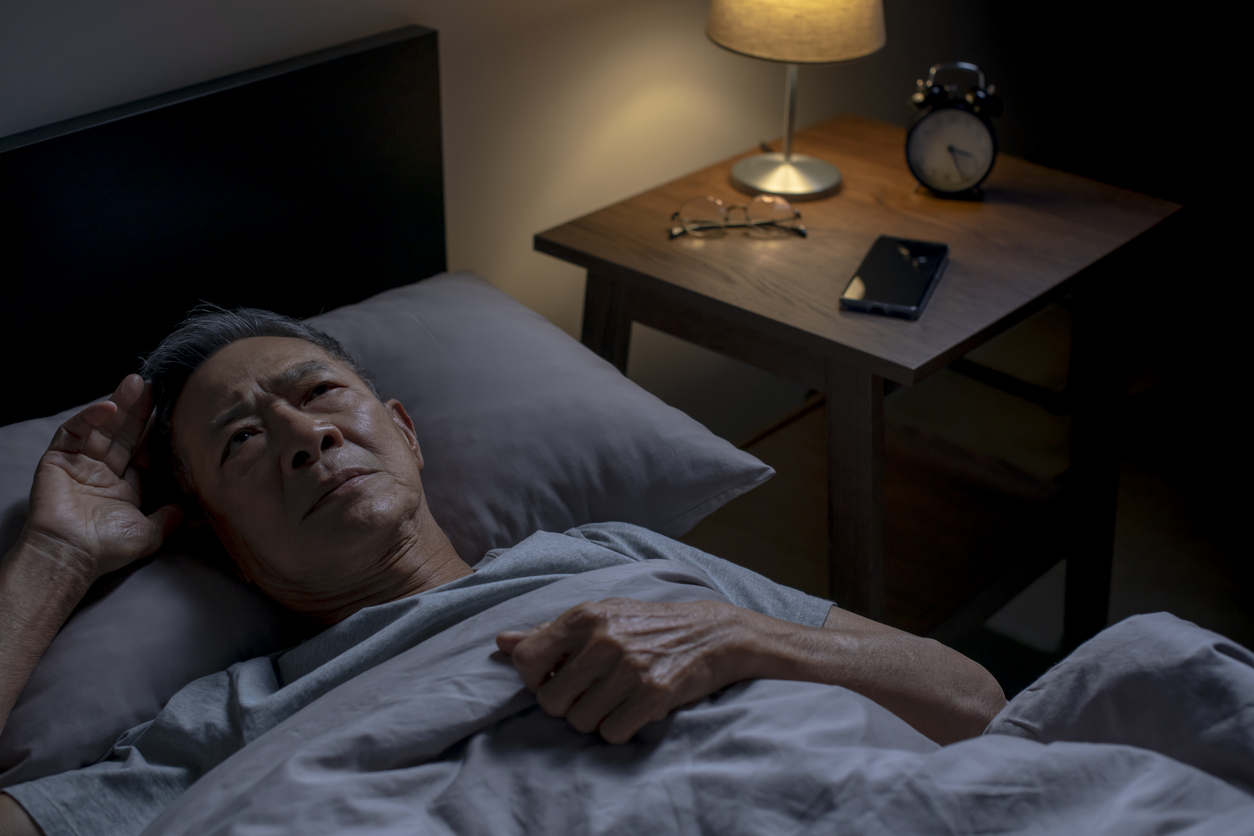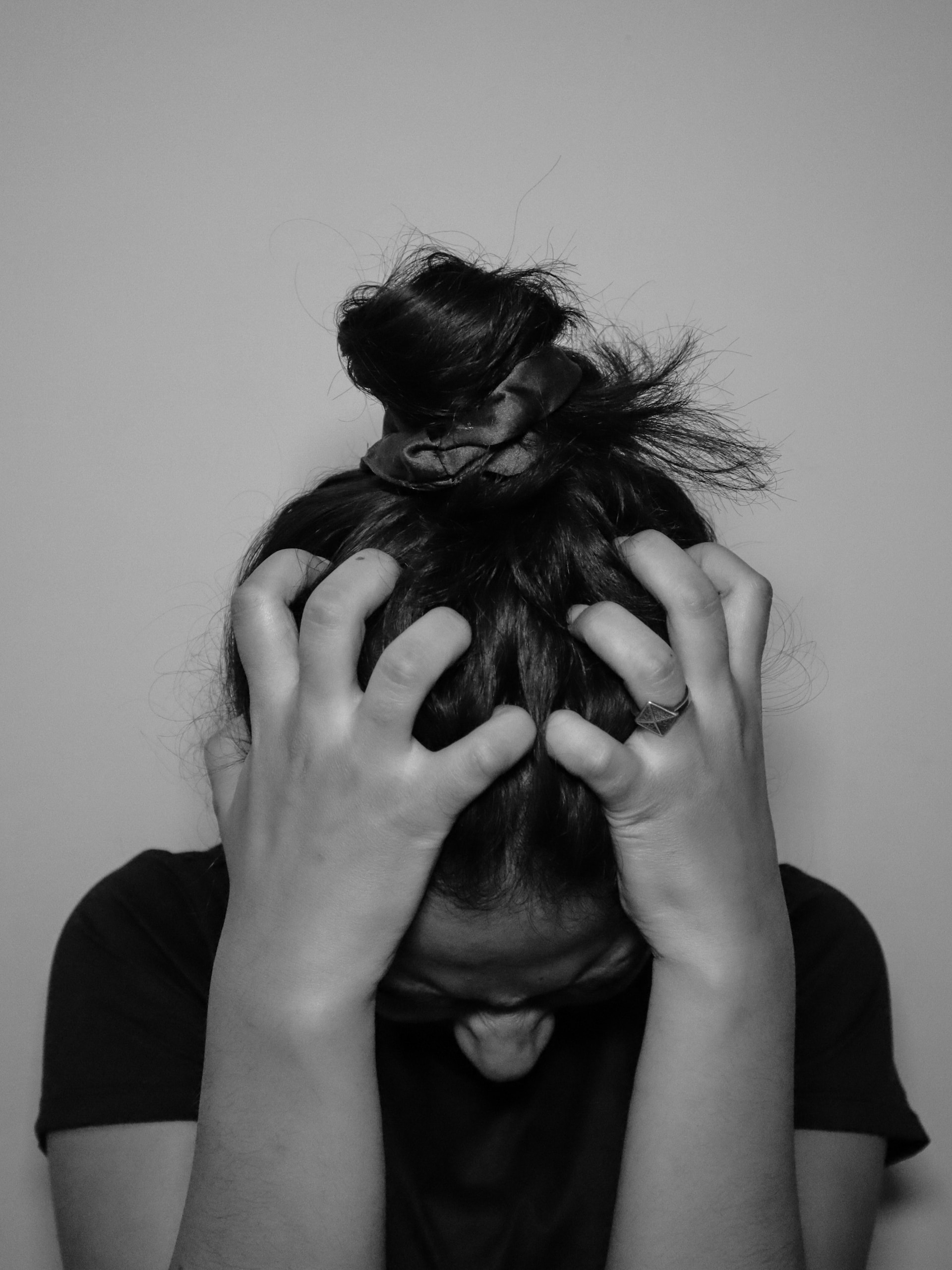How Does Psychotherapy Work?
Psychotherapy, or talk therapy, establishes a therapeutic relationship where individuals feel safe to explore their emotions and thoughts with a trained therapist. This process fosters self-awareness, helps identify and address underlying issues, teaches coping strategies, and encourages personal growth. It effectively manages emotional distress, leading to improved mental health and behavioral changes. Psychotherapy, a nuanced and transformative process, delves into the complexities of the human mind to foster mental wellness and resilience. It creates a safe, confidential space where individuals can explore and address their emotional challenges with a trained therapist. This process leads to self-discovery, emotional healing, and behavioral changes, which are crucial for mental health. In this article, we explore the question: how does psychotherapy work? Understanding Psychotherapy Psychotherapy, commonly known as talk therapy, is a systematic approach used by mental health professionals to help individuals confront and manage their emotional and psychological issues. It involves various techniques …





